Each year on February 11th, the United Nations celebrates International Day of Women and Girls in Science. To mark this special day, Edanz spoke to women who have made significant contributions to various science disciplines across different parts of the world. We loved learning about their experiences, adventures, and viewpoints, and we think you will too – no matter your gender, background, or field of study!
Germaine Shalla (Singapore)
Germaine Shalla is the Deputy Director of Outreach and Communications at the Agency for Science, Technology and Research (A*STAR) in Singapore. A*STAR plays a key role in nurturing and developing talent and leaders for the scientific community and industry.
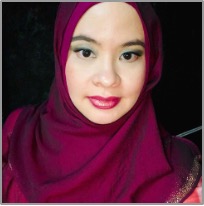
In this short video, Germaine talks to Edanz about closing the gender gap in STEM, and what actions we need to take—and the attitude we need to adopt—to realize a more diverse, equal and inclusive future for the scientific community and beyond.
To cap it off, she emphasizes the gravity of overcoming our fear of vulnerability while finding our authentic self and voice.
More About Germaine:
A former journalist and entrepreneur, Germaine Shalla is currently Deputy Director, Outreach and Communications, (Innovation & Enterprise Group) at A*STAR. For most of her decade-long career with the research agency, she has been the leading advocate for science communication, STEM outreach and public engagement. In campaigning for greater inclusivity and equality in STEM, her goal is to bridge communication between the public and scientists, to shape how science can be a driving force for change
Isa Mack (Japan)
Dr. Isa Mack completed her PhD in integrated biosciences at the University of Tokyo. Isa is experienced in gas chromatography-mass spectrometry and nuclear magnetic resonance. This year, Isa joined Edanz Group to help researchers across various disciplines with their scientific writing and publishing needs.
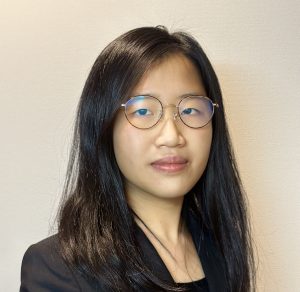
In this one-on-one session, Isa talks about how the support she has received from her supervisors and friends has helped her overcome any challenge along her research journey, and how equal education and employment opportunity is a non-negotiable term for a more inclusive and sustainable future.
More About Isa:
Dr. Isa Mack completed her PhD in integrated biosciences at The University of Tokyo. Isa is experienced in gas chromatography-mass spectrometry, nuclear magnetic resonance and processing large data sets using various programming tools. She began studying parasitic plants in her postdoctoral project in another laboratory at The University of Tokyo, with a focus on the receptors that affect plant growth. Following that, Isa joined Edanz to apply her expertise in helping researchers with scientific writing and publishing.
Tracy Josephs (New Zealand)
Dr. Josephs is a National Health and Medical Research Council Investigator Fellow at the Monash Institute of Pharmaceutical Sciences in Melbourne, Australia. She leads a research team that aims to advance personalized medicine while overcoming the challenges in developing effective therapeutics.
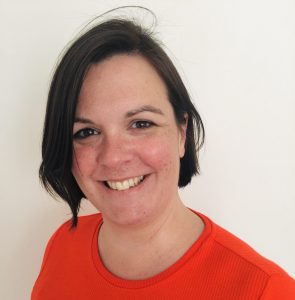
Taking time out from her busy schedule as an accomplished scientist and a devoted mother, Tracy chats with Edanz about the importance of having a diverse group of individuals whom you can look up to and learn from, the need for more women in science to come forward to share their stories, as well as the understated elegance and capability of working mothers.
More About Tracy:
“Kia ora tātou. Ko Taranaki te maunga. Ko Patea te awa. Nō Taranaki ahau. Ko Josephs tōku whānau. Ko Tracy tōku ingoa.”
Tracy is a National Health and Medical Research Council Investigator Fellow at the Monash Institute of Pharmaceutical Sciences. Tracy’s research interest is in personalized medicine and the challenges in designing effective therapeutics for a single molecular target. Her research group applies biophysical, structural biology and pharmacological technical expertise to elucidate the pharmacogenetic factors that affect the structure, dynamics and cellular interactions of therapeutic targets.
Tracy received her PhD at the University of Otago, New Zealand. She is the recipient of two Australian Research Council Discovery Projects, the 2019 Victoria Endowment for Science, Knowledge and Innovation (VESKI) fellowship and 2021 Centara New Investigator award.
Morita Ayako (Japan)
Dr Morita Ayako is an Associate Professor at Tokyo Medical and Dental University, Japan. In the area of social medicine, she seeks to understand how individuals are, or become connected, as well as how social experiences and connections can influence health and well-being throughout the life course.
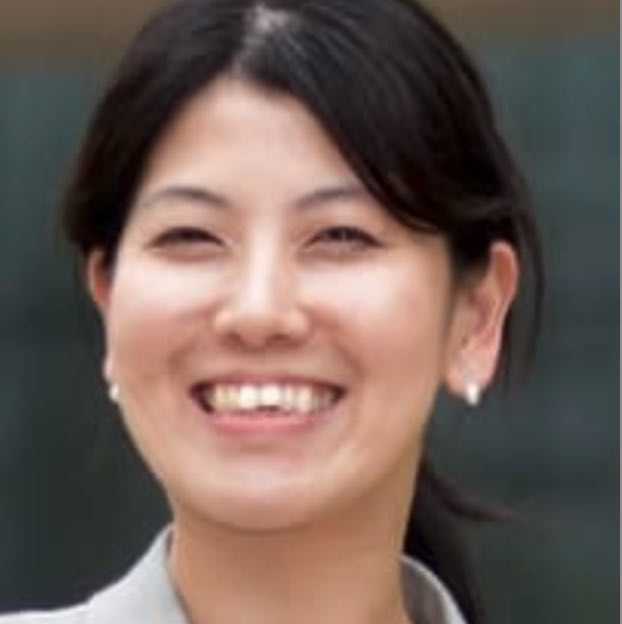
In this special interview, she shares with Edanz how she overcomes the obstacles in pursuing her career in science while balancing familial responsibilities. She also highlights the importance of networking with other women pursing the same career path.
More About Ayako:
Dr Ayako Morita is an Associate Professor at Tokyo Medical and Dental University. Her area of specialization is social medicine. Dr. Morita seeks to understand how individuals are or become connected, and how social experiences and connections can influence health and well-being throughout the course of one’s life.
Julian’s impressions
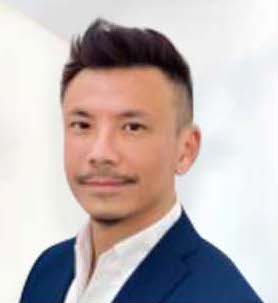
In this interview series, we looked at the opportunities and challenges in the STEM community with four outstanding women who have not only successfully pursued their own scientific goals, but have also contributed significantly to both the scientific community and society while adroitly balancing family care responsibilities and personal well-being.
The importance of gender equality when it comes to science and technology cannot be overstated. According to UNESCO, only 28% of all researchers are women. This lack of gender diversity can lead to fewer female inventors being credited for their work and fewer opportunities for women in scientific fields overall. It also means that not all issues are considered when researching or creating new solutions and technologies. If only one demographic is represented, then potential biases may go unnoticed.
International Day of Women and Girls in Science is celebrated on February 11th every year. It highlights the importance of ensuring women’s and girls’ full participation in and equal access to science, technology, engineering and mathematics (STEM). The aim is to achieve gender equality in STEM fields by 2030 (in line with the United Nations’ Sustainable Development Goal 5 on gender equality) and to encourage more women and girls to pursue STEMs careers.
To work toward gender equality in the sciences, there are many steps that we can take:
- For one, we can be champions of initiatives that promote gender parity in science education and mentorship programs specifically designed for young girls who have a passion for the sciences.
- Additionally, employers should strive for greater representation among their employees. If they have a diverse team, then they will be able to create solutions that have taken into account different perspectives during the research process.
- Finally, we need to acknowledge that stereotypes still exist when it comes to what “scientists look like”. By simply showing our support through words or actions for women scientists and girls aspiring to be in science, we can help break down the barriers and encourage people of any gender to pursue their dreams without fear of judgment or discrimination.
Edanz recognizes the many reasons to celebrate women and girls in science. For one, women and girls face unique barriers to participating in STEM fields. They may be less likely than their male counterparts to have access to quality education and resources, and they may experience discrimination and sexism. In addition, women and girls bring valuable perspectives to STEM fields to create more inclusive environments and develop innovative solutions to real-world challenges.
– Julian Tang, Edanz Education Consultant



